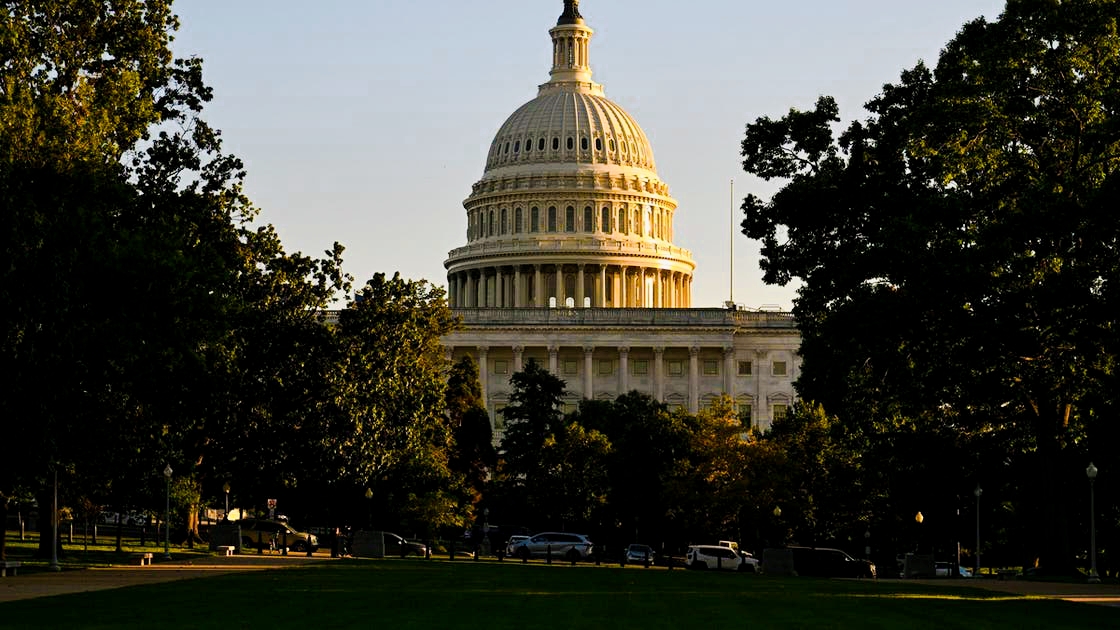The U.S. Senate continued its failure to pass a government funding bill, leading to the ongoing partial government shutdown that has entered its fourth day, and is expected to last at least until next week.
The Republican proposal known as the "clean resolution" aimed to extend funding at current levels until the end of November, while the Democrats' bill included additional provisions, most notably healthcare funding, but neither bill received enough votes to pass.
The White House warned that the shutdown is causing financial losses estimated at $15 billion per week, with the repeated failures since the beginning of the shutdown making the continuation of the crisis until next Monday almost certain, according to a CNBC report.
Amid this deadlock, the leaders of both parties exchanged accusations: Republican Senate Majority Leader John Thune accused the Democrats of succumbing to pressure from the left wing and activist organizations that hinder President Trump's agenda, while Democratic House Minority Leader Hakeem Jeffries blamed Trump for the crisis, stating that the president "is shirking responsibility as if he were in a witness protection program."
The shutdown results in the suspension of work for about 750,000 federal employees, in addition to the temporary closure of a large number of government offices and programs. Meanwhile, the Trump administration, which seeks to reduce the size of government, warned of the possibility of widespread layoffs of federal employees, something that has not occurred in previous shutdowns.
In a controversial move, Trump considered that the Democrats are giving him a unique opportunity to impose new cuts on "Democrat agencies," as his administration froze $18 billion allocated for the Department of Transportation in massive infrastructure projects in New York, in addition to canceling $8 billion worth of projects from the Department of Energy in 16 states won by Democratic candidate Kamala Harris in the 2024 elections.
On Friday, the Department of Transportation also froze an additional $2.1 billion for the development of the transportation network in Chicago.
The political and economic crisis appears to be ongoing, with expectations that it will negatively impact thousands of federal employees and vital infrastructure projects in the world's largest economy.

